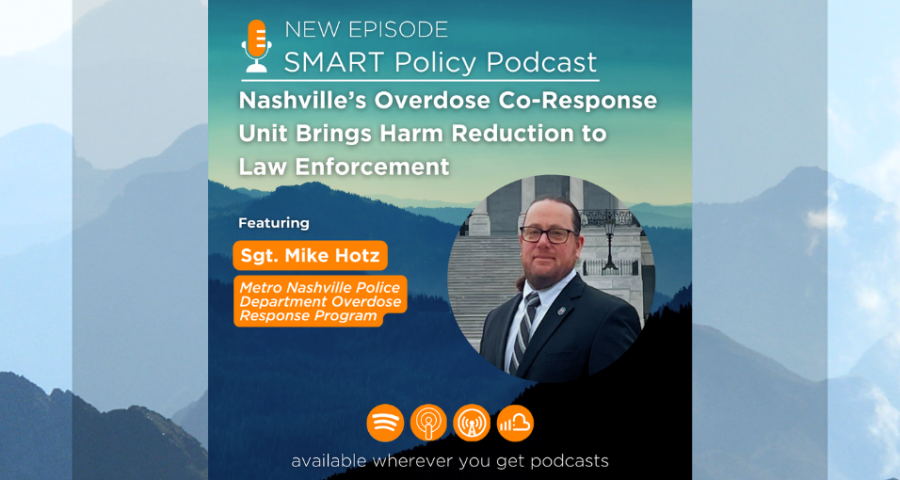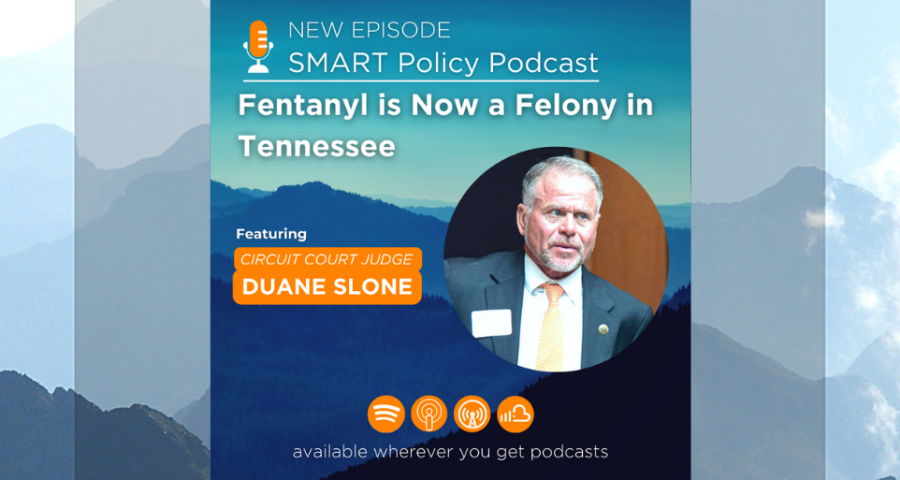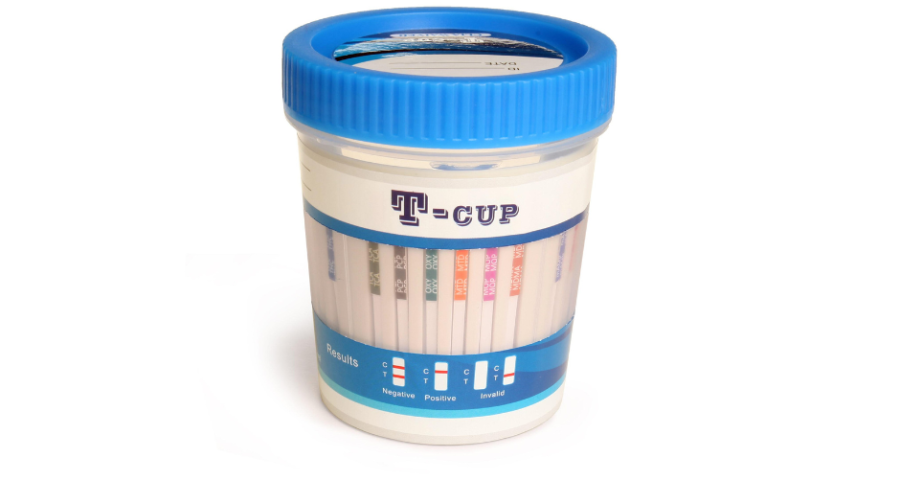KEY POINTS In 2022, Tennessee decriminalized fentanyl test strips (FTS) through Public Chapter 764. Thousands have since been distributed by the state and nonprofit coalitions as a key harm reduction strategy. As of the end of 2023, 44 other states and D.C. had also decriminalized FTS. Research indicates that people
(New Policy Brief) Beyond Fentanyl Test Strips: The Need to Decriminalize All Drug Checking Equipment in Tennessee










